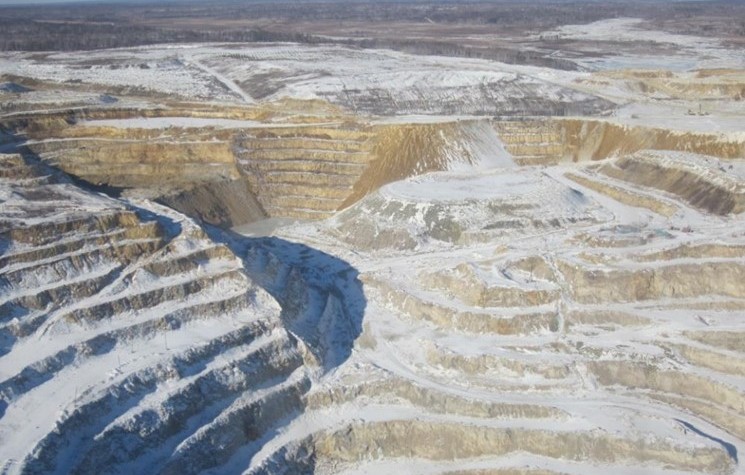Petropavlovsk’s Shareholders Look Set To Suffer Massive Dilution

Pity the poor shareholders in Petropavlovsk.
They are being asked to participate in a rights issue that will cut their company’s debt from US$922 million to around US$700 million.
Well and good, you might say, particularly if you were versed only in the comings and goings of the majors.
But Petropavlovsk is no longer a company that can even aspire to the status of major. Its forecast gold production for 2015 of between 680,000 and 700,000 ounces sets it firmly among the ranks of the mid-tier companies and its cash cost of US$900 per ounce is nothing to write home about. At the last set of financial results, to June 2014, it turned in a loss and although costs are coming down, the gold price hasn’t exactly soared away. This is a company which doesn’t now, and will not have, a substantial amount of cashflow to play with.
So how will that debt be paid off? Therein lies the rub. The Russian debt markets are no help, as might be imagined with President Putin fighting a war in Ukraine, courting sanctions, facing renewed publicity about polonium poison plots, and orchestrating a yo-yoing interest rate policy.
And frankly, the debt markets here or elsewhere are not much more welcoming. If there is a hope for equity shareholders, it’s a forlorn one, hence the company’s current market capitalisation of just £24.7 million – not entirely worthless, but essentially representing a the company as a listed corporate shell carrying immense amounts of debt.
So where will the producing assets end up? That remains to be seen, but major prime mover Pavel Maskovsky is now back on the board and the chances are, this being Russia, that the assets will go with him, whatever happens.
So should shareholders vote through the 157-for-10 rights issue, given that it will only raise US$235.4 million in any case? The dilution is punishing, and many will balk right there. But there seem to be few other alternatives. Around US$160 million of the issue is underwritten by principals, including Pavel Masovsky, co-founder Peter Hambro, who’s in for £50 million, and certain bondholders. That, on the whole, is a plus.
But refinancing are notoriously complicated, and this one won’t be the last. The immediate requirement is to pay off US$310 million. With margins tight, markets hostile and the profile of Russian risk negative, working off the remaining US$700 million that broker SP Angel estimates will remain on the books won’t be easy.
This time round there will be over three billion shares issued. Will there be further share issues in the future? You wouldn’t bet against it.
Comments (0)